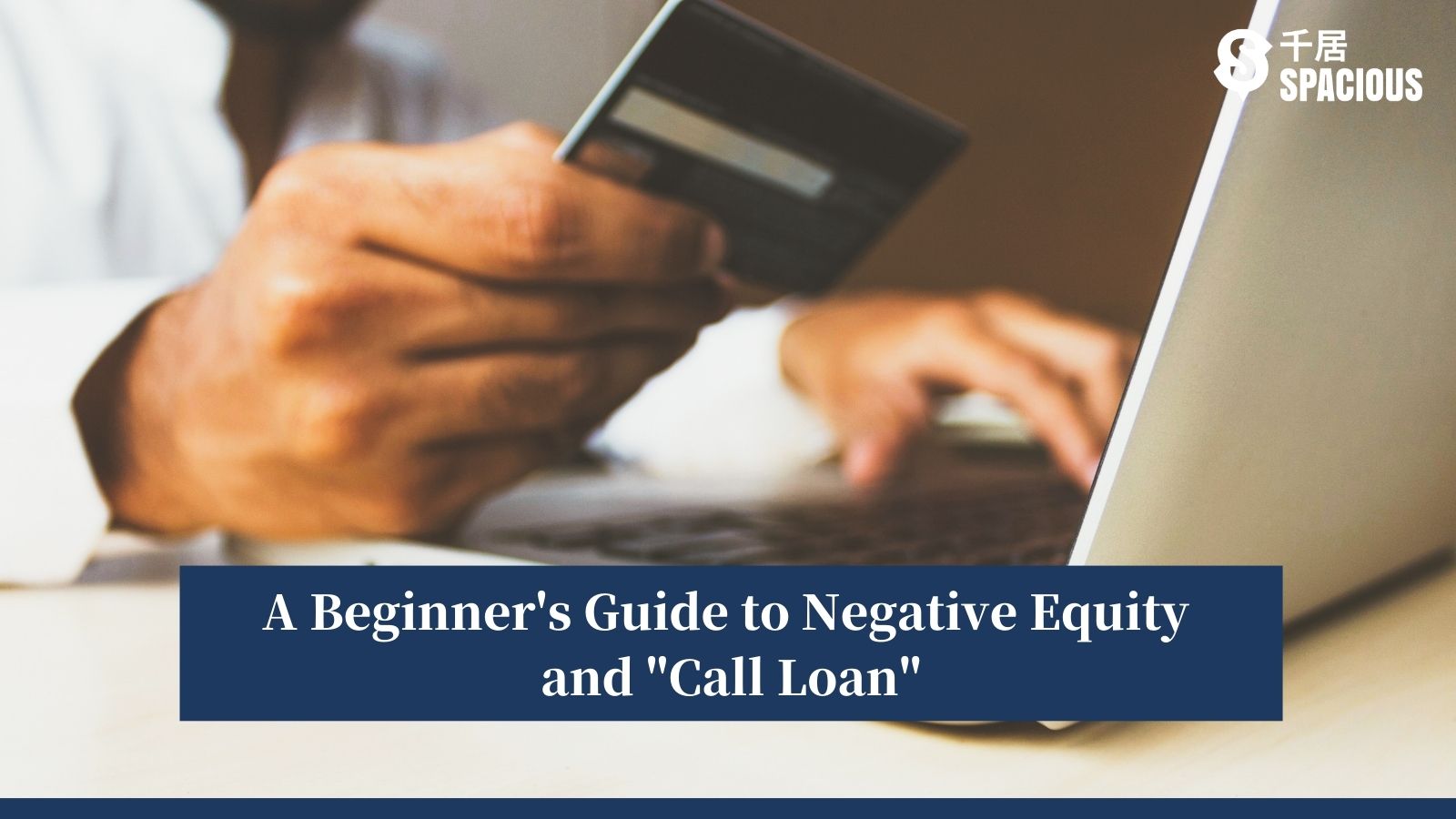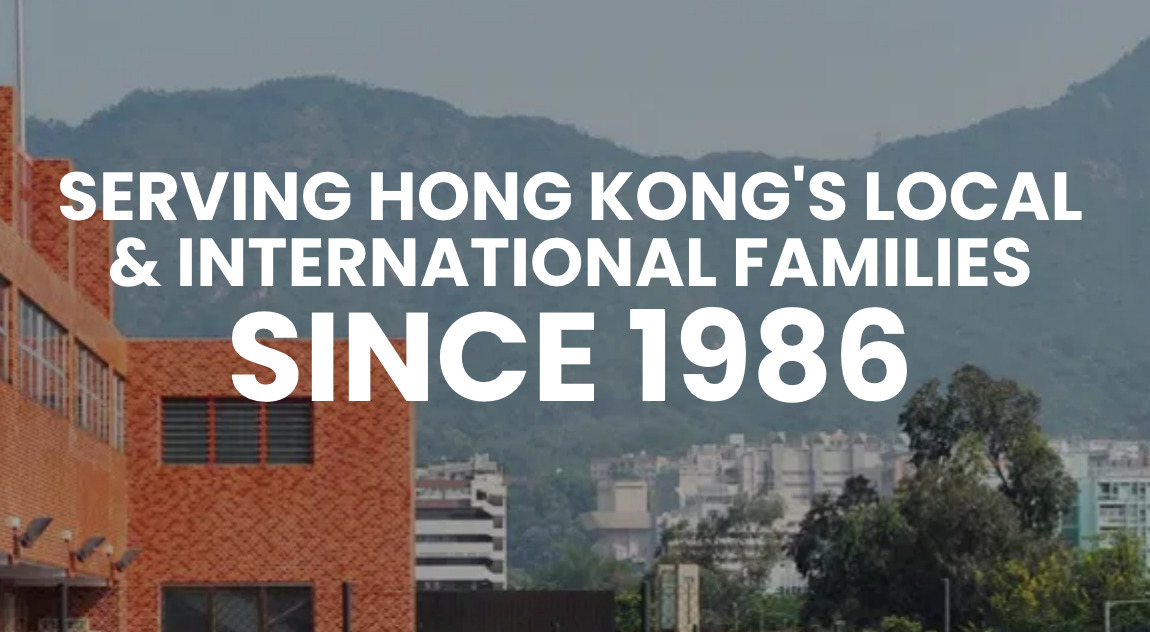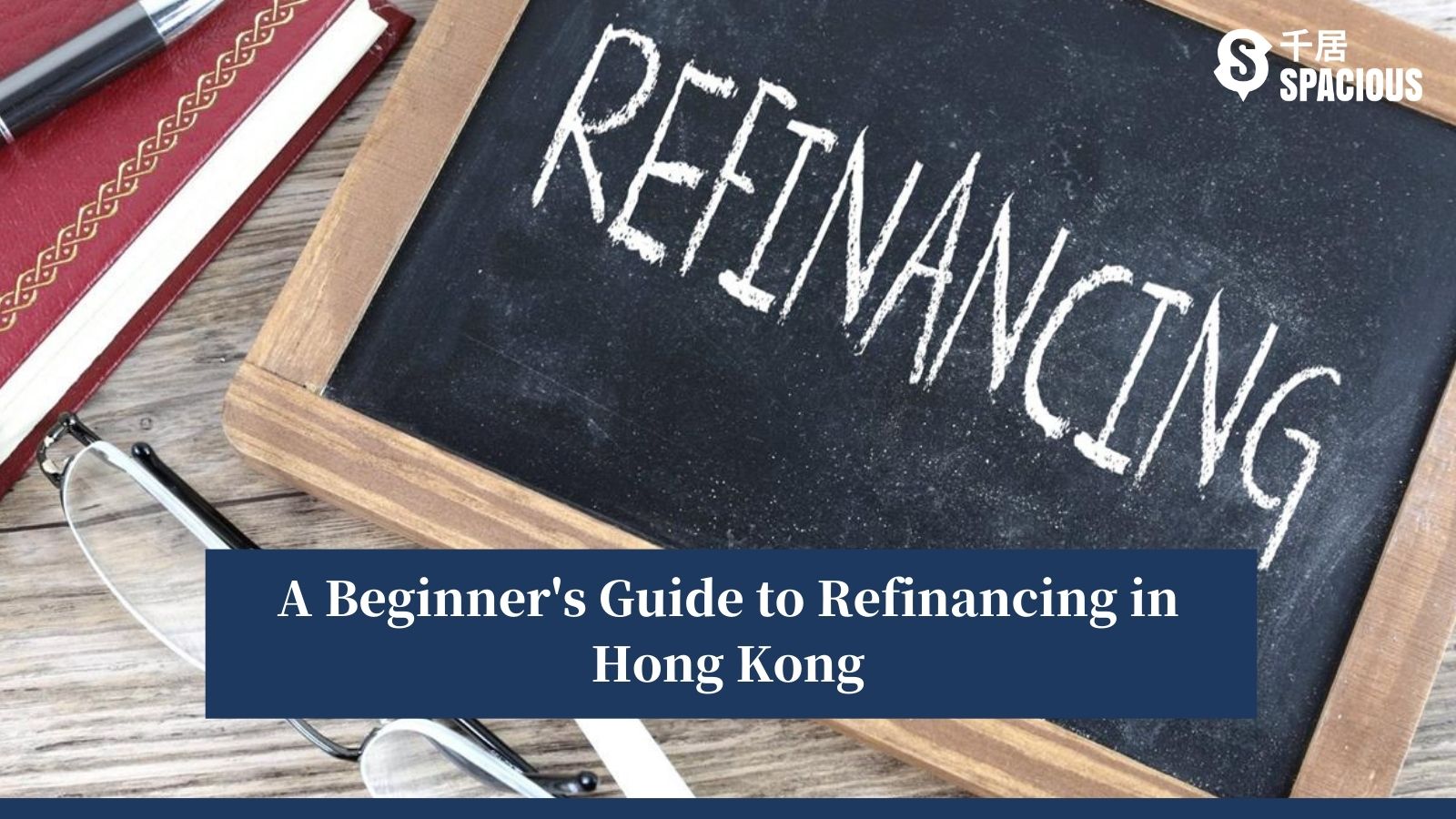
Negative equity assets brought up painful memory in Hong Kong from the 1997 financial crisis to the 2003 SARS epidemic. Homeowners of negative equity were forced to repay heavy mortgage loans as lenders started to call in the loans (as known as Call Loan).
It is important to know the definition, causes and consequences of negative equity . Spacious has the details. Read on to learn more!
Jump to: What is Negative Equity? | Causes of Negative Equity | Consequences of Negative Equity | How to Avoid Negative Equity | FAQ
What is Negative Equity?
The definition of negative equity is simple: if the current market value of a property is lower than the outstanding mortgage loan, the property owner is considered a negative equity holder.
For example, a unit is purchased for HK$ 6 million with an 80% mortgage, and the loan amount is HK$ 4.8 million. If the current market value of the unit falls below HK$ 4.8 million, it becomes a negative equity.
Causes of Negative Equity
The main reason for negative equity is that property owners borrow a high percentage of mortgage, and then the property market experiences a downturn, leading to a situation where their debts exceed their assets.
Find or sell properties on Spacious
Consequences of Negative Equity
If a property is in negative equity, the lending bank may require the property owner to repay the mortgage loan in advance to protect its own interests, also known as “Call Loan”.
The amount of loan recalled is often based on the difference between the new and old valuations of the property. Sometimes, it may also involve the whole mortgage repayment.
If the property owner fails to repay the amount to the lending bank, the bank has the right to repossess the unit and auction it off. These units are known as foreclosed properties.
As the creditor of the property, the bank has the right to recall the loan at any time and decide whether to repossess the property based on the circumstances. Negative equity is one of such conditions that trigger the bank to recall the loans.
However, banks may not call in the loans and repossess the negative-equity properties immediately for two reasons:
1. “Call Loan” Involves High Cost
The process of repossessing the property and auctioning it off involves a lot of time and administrative costs. If the property owner is still unable to repay the loan, the loan amount owed becomes a bad debt.
2. Mortgage Insurance Provides Protection
When banks approve high loan-to-value mortgages (over 60%), part of the loan amount is guaranteed by the mortgage insurance company. This reduces the lending risk for the bank.
Even if a property becomes a negative equity, the bank will not take immediate action as long as the property owner continues to make timely payments.
How to Avoid Negative Equity
Prospective buyers who borrow 80-90% of the mortgage through mortgage insurance plans or borrow up to 95% loan-to-value ratio provided by developers are more subject to negative equity. If property prices fall by 5% – 20%, their properties are at risk of becoming negative equity.
Homebuyers cannot avoid a downturn in the property market, but they can assess whether they really need to borrow the full amount and reduce the risk of debt exceeding assets.
Approval for first-time buyer mortgage or developer mortgage is relatively easy as stress test is not required. Buyers may be tempted to borrow large amounts without considering their repayment ability. The risk of default is higher when the market is going downwards.
High-leverage borrowing once led to a sharp increase in negative asset cases in Hong Kong. But with tightening mortgage measures, the loan-to-value ratios granted to homebuyers have returned to healthy levels. Now that borrowing high LTV mortgages need to purchase mortgage insurance, the risk of default is lower.
If you are searching for a property across different neighbourhoods, go to Spacious to discover a wealth of properties listed for sale.
Find or sell properties on Spacious
FAQ
When will a bank call in the loan and repossess the property due to negative equity?
If the owner defaults on their mortgage payments, the bank has a greater possibility to call in the loan.
What are the risks of taking out a mortgage from a property developer or financing company?
Financing companies are not regulated by the Hong Kong Monetary Authority and not covered by the government’s mortgage insurance scheme, making it easier for them to demand early repayment from the owner.









